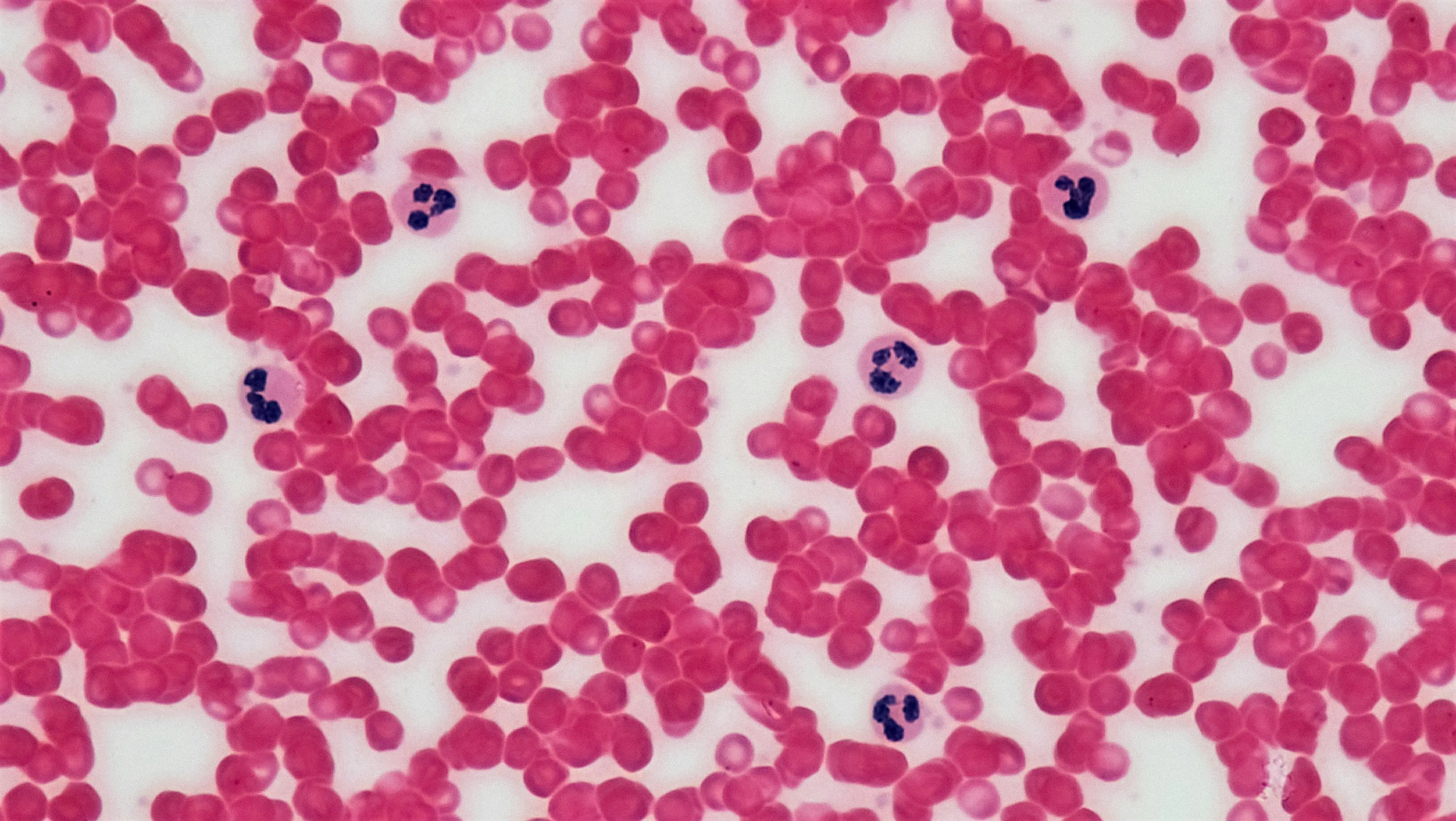Scientists Hack Red Blood Cells to Become Tiny Drug-Carrying Machines

In a remarkable biotech breakthrough, researchers at Carnegie Mellon University have figured out how to modify human red blood cells to safely carry and release therapeutic drugs throughout the body, a potential game-changer in targeted medicine.
Red blood cells (RBCs) are nature’s long-distance delivery trucks. Each one lives for about 120 days, coursing through your body to deliver oxygen to organs and tissues. Now, scientists believe these abundant, long-lasting cells could be repurposed as stealthy drug couriers, ferrying treatments directly to where they’re needed most.
The research team has developed a method to load red blood cells with therapeutic cargo, such as antibiotics, cancer drugs, or immune-modulating compounds, without altering the cells’ shape, surface, or natural behavior. That’s key, because these modified cells still look and function like normal RBCs, meaning the immune system leaves them alone, unlike many synthetic drug carriers that get flagged and destroyed.
Unlike traditional drug delivery systems that can degrade quickly or cause side effects, RBC-based carriers could circulate for weeks or months, releasing their cargo gradually and reducing the need for repeated doses. The result? More stable, efficient treatments with fewer complications.
Imagine treating a chronic infection or autoimmune disease with just a few modified blood infusions per year. Or delivering chemotherapy directly to a tumor site, minimizing exposure to the rest of the body. That’s the future this research points toward.
It’s not just a clever concept, it’s already in motion. In lab studies, the modified red blood cells successfully delivered payloads without triggering inflammation or clotting, a major hurdle in many nanoparticle-based systems.
As one researcher put it, “We’re using biology’s own delivery system, and just giving it a second job.”
The team is now exploring clinical applications and potential trials. If successful, this approach could usher in a new era of personalized, low-risk drug delivery, built on the cells that already know every corner of the human body.